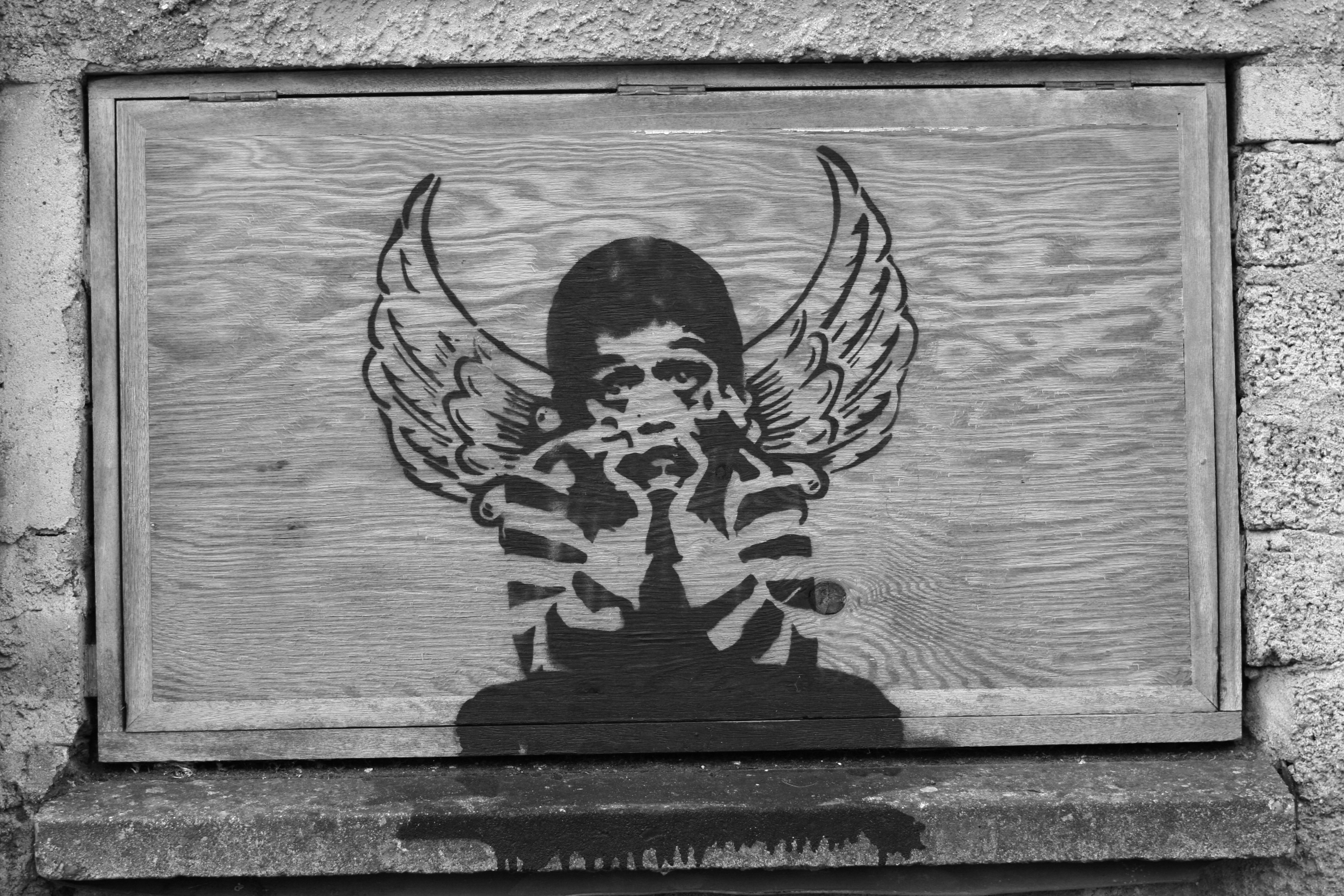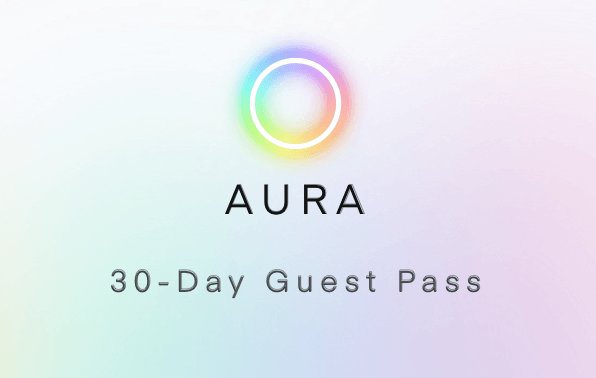“There is no coming to consciousness without pain. People will do anything, no matter how absurd, in order to avoid facing their own Soul. One does not become enlightened by imagining figures of light, but by making the darkness conscious.”
― C.G. Jung
Darkness and light. A dichotomy of great purity and simplicity through which humanity examines and ponders itself. Echoes of our animal pre-history perhaps inform this interpretation of existence. The planet we live on had been turning through the revolutions of time for countless ages before anything resembling a human being shielded its eyes from the sun or cowered in the night. How could those elemental forces of time not impact on the deepest parts of our collective psyche? They were the first great powers we were ever exposed to. Primal fears and beliefs could not but be forged in such a raw, nascent state.
Are we not still susceptible to certain ancient tremors and chills? Darkness falls and opens the door to that which cannot be seen. When our ancestors witnessed the fading light and the descent of the fire in the sky, did they wonder what they had done to be so abandoned by that source of illumination and heat? Did they feel in some way culpable? Did they have sensations and inklings that we would now interpret as guilt or failure or shame? Maybe they experienced gratitude when the darkness of night ended and the first glimmerings of pre-dawn eased their fears and allowed them to contemplate life anew.
Perhaps it is fanciful that any contemplation was happening at all. Probably there were no more than two choices: survival, or its opposite. Daylight permitted the hunting of prey and the avoidance of pitfalls and predators. Darkness permitted enforced social bonding, warmth, reproduction and stargazing. How was the night sky understood? Were the stars seen as fragments of the sun that would realign themselves come morning? What was the source of the darkness that enveloped the world – was it merely the absence of light or was it the encroachment of something more sinister? It didn’t have to be something negative, of course; it may have been welcomed as benign and comforting. A reprieve from the effortful pursuit of life.
I wonder what dreams emerged in the subconscious slipstreams of our recumbent antecedents. What visions came in the night to haunt or soothe, to arouse or perturb? What rationalising or sharing did their language facilitate? At what point did our brains sufficiently evolve so that one lone cave-person remained behind, sitting dumbly on a rock, staring into the middle distance in the grip of dream-recollection, as the rest of the tribe got on with business as usual? And I wonder also what the impact was of a death in the clan, or the discovery of a corpse, or the evidence of life ending. It is not my intention to get bogged down in a rigorous archaeological or anthropological analysis of such questions – if that is something you are interested in you can make initial inroads here or by referring to this famous family here.
No, my line of enquiry is more connected to our fear of the dark, literally and metaphorically, and the possible if not probable link between our modern and prehistoric brains in terms of primal programming – the flicker of apprehension that wags the tail of our tadpole brain when we are faced with the greatest darkness of all: death.
“Out, out, brief candle!”, as Shakespeare had his fatalistic Macbeth say upon discovering his wife’s passing. The finality of a snuffed candle is evocative and sharp – the crucial illumination of a guttering wick being abruptly engulfed by a flood of darkness is both savage and mystifying. The light that pre-existed the gloom was so vital, so…there, could it really have vanished so irrevocably, so…forever? Other candles can be lit but no longer the one that was an arm’s length away. That one is no longer available to you in the way you want. So what is available?
Memory. Conscious and otherwise. Conscious being the memories you choose, subconscious being the ones you don’t realise you’ve chosen. The surprise packages. The shock of recall. The ambush of a moment from the past. The hoodwink of a vivid dream. Is our subconscious merely a departure lounge from which ghosts travel to and from our dreams? Are our dreams the closest we come to relighting the candles of the departed? What of waking reveries a la Marcel Proust and his famous Madeleine (although the esteemed biscuit was merely toast in an early draft of his masterwork), when stirring recollections are triggered by a sensory experience – a taste, a scent, a sound? It seems to me that what has been etched on the canvas of our souls can never be erased. Obscured and painted over, certainly, but never ‘un-etched’ or ‘de-etched’.
Once marked by another, we remain marked. Once an experience has been scored on our carapace we can break out the steel wool and the buffers and make ourselves shiny and new but the event can never be undone. Our dichotomy of darkness and light comes into play very clearly here because the pain and darkness we may associate with the loss of youth or the regret of paths wrongly taken or indeed, the death of a loved one, has an irrefutable opposite. We can only know pain when we have known the absence of it. There can be nothing like regret unless there has previously been hope or aspiration. And there can never be grief unless it was preceded by love. In the Jung quote with which I opened this post, he is asserting that our negotiation and acceptance of that pain, that haunting darkness, is central to a fully-realised consciousness of self.
We can only know our full potential as conscious beings through the admission of our pain, of our fear, of our hidden parts, of our anguished scream. By turning our focus to the source of our wounds we can embark upon a cleansing process which in turn lays the ground for a conduit of personal exoneration. And from what do we exonerate ourselves? From guilt. From shame. From loving too much or too little. From weights we have carried all our lives. From the ghosts and spirits and demons that wrench us off-kilter.
Enlightenment, the state of bringing light to one’s existence and understanding of it, will be the reward. In that state we may learn the ability to truly cherish the now, to be grateful for what we have had, and to be comforted by having once loved what we have lost. Darkness is an end for some and a continuation for others and that can relate to both the present and the departed. Should we not endeavour to reconcile ourselves to the darkness within and without? Planets keep turning, the world keeps spinning. We lie down and we get up again. Until we don’t. I have no idea what, if anything, waits for us. And I am happy not to know. For now, I am content to be a sentient being with hopes and fears, with wins and losses, with experience of pain and pleasure, sorrow and joy.
I’ll give Shakespeare the last word:
Prospero:
Our revels now are ended. These our actors,
As I foretold you, were all spirits, and
Are melted into air, into thin air:
And like the baseless fabric of this vision,
The cloud-capp’d tow’rs, the gorgeous palaces,
The solemn temples, the great globe itself,
Yea, all which it inherit, shall dissolve,
And, like this insubstantial pageant faded,
Leave not a rack behind. We are such stuff
As dreams are made on; and our little life
Is rounded with a sleep.
The Tempest Act 4, scene 1, 148–158
We are merely human. We are merely matter. We are merely toast.




Reblogged this on Nick Thiwerspoon.
Thanks for the reblog Nick, delighted you considered it worth sharing!